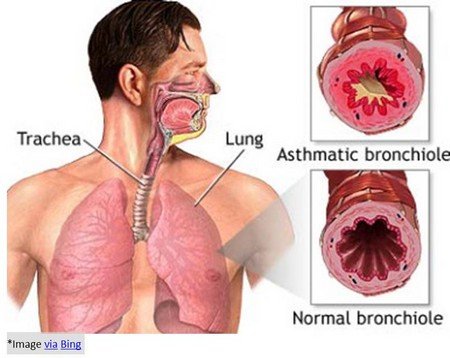Pregnancy brings joy and happiness to a woman’s life. She and her family rejoice this moment in a special way. However, this is also a stage where parents-to-be worry about the health of the fetus. Apart from taking care of the diet, medical requisites, and practicing healthy habits, it is important to stay away from pollution (mainly air pollution).

Although it is easy to avoid alcohol, junk food, tobacco, and certain drugs, what about the air you breathe? There have been many studies showing the way air pollution affects pregnancy.
Here is all you need to know about the serious effects of outdoor air pollution on pregnancy:
Understanding Air Pollution
Air pollution is of many types. Polluted air comprises dust, ozone, vehicle exhaust, particulate matter, second-hand smoke, nitrogen dioxide, sulfur dioxide, building emissions, and chemicals. Some of the common symptoms of exposure to prolonged air pollution include:
– Irritation of sinus and eye
– Coughing
– Wheezing
– Eye and sinus irritation
– Advanced respiratory conditions such as emphysema, asthma, bronchitis, etc.
– Decreased lung capacity
– Shortness of breath
Air pollution can have a severe impact on pregnant women and unborn babies.

Potential Dangers of Air Pollution on Pregnancy
Here are some of the serious effects of air pollution on pregnancy you must know about you may need to watch out for:
Premature Birth
Studies have revealed a shocking truth! It has been proven that exposure to air pollution during the first and second trimesters of pregnancy can increase the overall risk of premature birth. It is also responsible for low birth weight.

As per a new study published in the journal Environmental Health Perspectives, it has been revealed that exposure to (PM2.5) fine pollution particles had resulted in an 11.4% decrease in birth weight for the mice left in the polluted air category (for study).
Still Births
Another research in the past has revealed that women residing in areas with high traffic pollution are at higher risk of stillbirth and other serious delivery-related complications.
Low Birth Weight
Babies must ideally weigh around 6-9 pounds at delivery. Anything under this number is considered “low birth weight.” Exposure to air pollution during pregnancy is known to result in this complication.
Autism
According to an alarming result of the study conducted by Harvard, it is revealed that women exposed to high particulate matter pollution during their third trimesters are more vulnerable to giving birth to a child with autism.
You may also like:
Air Pollution can be Detrimental to Heart Health
Traffic Pollution can Trigger Asthma in Kids
Noise Pollution can Negatively Impact Kids’ Learning
Air Pollution Can Increase the Risk of Diabetes
Outdoor Pollution and its Harmful Lung Function Effects
Air Pollution as a Major Contributor to Stroke
Asthma
Air pollution worsens asthma, which can be dangerous in pregnant women as the condition can cause preeclampsia (elevated blood pressure and decreased function of the liver and kidneys). Moreover, aggravated asthma can cut off the oxygen supply to the baby resulting in poor growth, premature birth, and low birth weight.

Solutions to prevent the influence of air pollution on pregnancy
A number of things you can do to reduce the effects of pollution. Some of the best ones recommended by experts include
-installing air purifier at home,
-staying inside as far as possible,
-getting air-purifying indoor plants,
-using electric chimneys in the kitchen while cooking,
-using air pollution mask while traveling outside,
-avoid smoking and passive smoking as well,
-and checking your vehicle for pollution.





